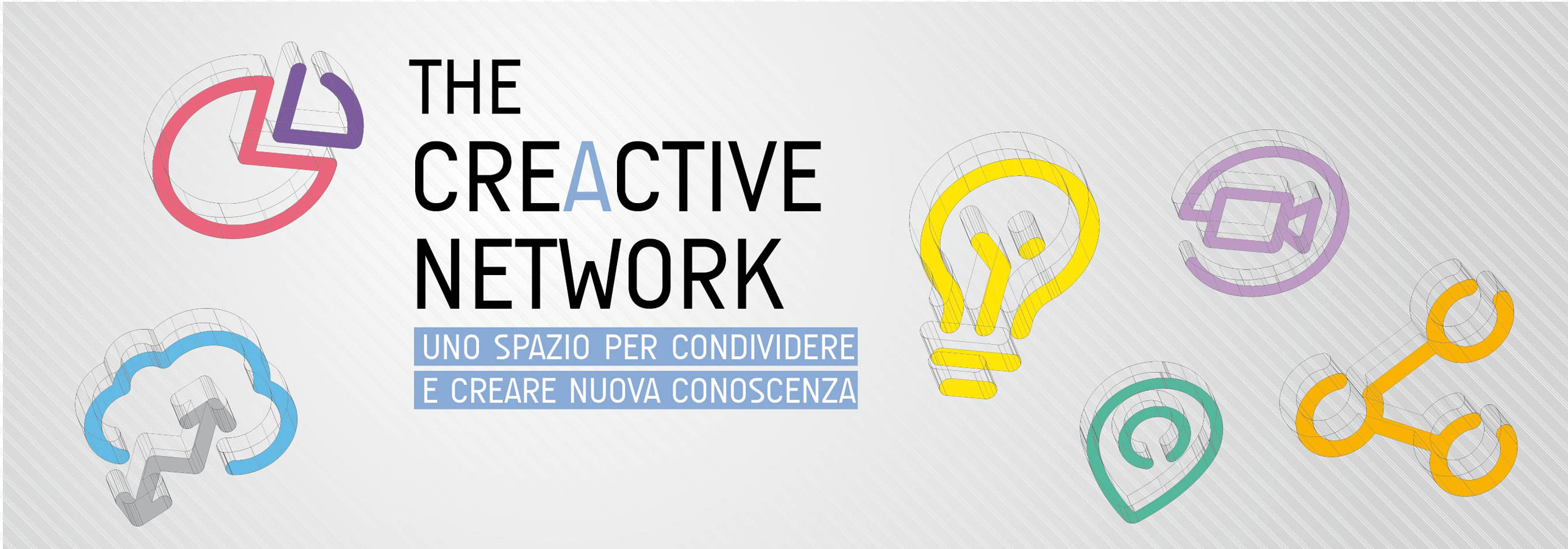 Donato Pirozzi ha ricevuto la laurea in Informatica (con lode) dall'Università degli Studi di Salerno nel 2010. Nel 2014 ha completato il dottorato di ricerca in Informatica occupandosi di "Teamwork Collaboration around Simulation Data" presso Fiat Chrysler Automobiles. Durante il periodo di dottorato ha visitato l'Università di Brighton (UK) lavorando con il prof. Andrew Fish nel campo dei tool di visualizzazione industriali. Attualmente, è PostDoc all'Università di Salerno per la realizzazione di una piattaforma sociale per open data nell'ambito del progetto europeo ROUTE-TO-PA Horizon 2020.
Donato Pirozzi ha ricevuto la laurea in Informatica (con lode) dall'Università degli Studi di Salerno nel 2010. Nel 2014 ha completato il dottorato di ricerca in Informatica occupandosi di "Teamwork Collaboration around Simulation Data" presso Fiat Chrysler Automobiles. Durante il periodo di dottorato ha visitato l'Università di Brighton (UK) lavorando con il prof. Andrew Fish nel campo dei tool di visualizzazione industriali. Attualmente, è PostDoc all'Università di Salerno per la realizzazione di una piattaforma sociale per open data nell'ambito del progetto europeo ROUTE-TO-PA Horizon 2020.
Engagement of citizens through the co-creation of Open Data: the Prato Wi-Fi coverage extension Use Case
Open Data (OD) are public available datasets published under an open source license, allowing everyone to freely use, modify, and share them for any purpose. Public institutions started to publish OD in digital formats. OD initiatives are in favour of transparency and aim to reduce the gap between citizens and public institutions. OD concerns transports, environment, economic, society and service, culture and heritage, and so on. Despite these commendable initiatives, open datasets remain in their repositories without any exploitation by citizens. Thus, effectively barriers in the use of open data exist; such as difficulties in accessing open data, incomplete and poor quality datasets, barriers in the understandability, and usability of datasets, which contribute to the common sense that Open Data are for experts. Our leading research question is how to foster and engage citizens in exploiting Open Data, overcoming some of these barriers. Idea is to engage citizens by enabling Data-Driven Discussions around visualisation of Open Data, allowing citizens to form or join existing on-line communities to discuss common issues (e.g., local policy, service delivery and regulation). Users can create, reuse, share, and comment visualisations of Open Data. Visualisations are a powerful tool, making easier to understand data, facilitating the identification of trends and their analysis. Indeed, visualisations are often better than thousands of words. Furthermore, groups of citizens can collaborate by co-creating new datasets, which can become public and re-used within public discussions. Citizens will create new datasets when they are not available on the existing portals or when the existing one is poor in quality or need to be extended.








